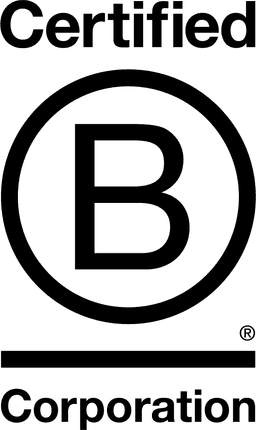

Marnie Hawson Pty Ltd

1.6
Victoria, Australia
November 2021
Photography
Service with Minor Environmental Footprint
Australia
Through two distinct brands, Marnie Hawson Pty Ltd uses photography and education to support nature-positive change in the built environment. The first, Marnie Hawson, is a photography practice that documents sustainable architecture and design. It focuses solely on projects that use low-impact materials, energy-efficient systems, and sustainable design. These images help architects, builders, and developers showcase what responsible, future-focused design looks like. The second, Business of Biodiversity, is a program that helps businesses in the built environment take real action for nature and climate. It provides a practical, step-by-step framework so companies can move beyond carbon accounting and start supporting biodiversity as part of how they operate and grow. Together, these brands make it easier for the industry to document, communicate, and deliver buildings and projects that are genuinely better for nature.
Overall B Impact Score
Governance 19.0
Governance evaluates a company's overall mission, engagement around its social/environmental impact, ethics, and transparency. This section also evaluates the ability of a company to protect their mission and formally consider stakeholders in decision making through their corporate structure (e.g. benefit corporation) or corporate governing documents.
What is this? A company with an Impact Business Model is intentionally designed to create a specific positive outcome for one of its stakeholders - such as workers, community, environment, or customers.
Community 88.9
Community evaluates a company’s engagement with and impact on the communities in which it operates, hires from, and sources from. Topics include diversity, equity & inclusion, economic impact, civic engagement, charitable giving, and supply chain management. In addition, this section recognizes business models that are designed to address specific community-oriented problems, such as poverty alleviation through fair trade sourcing or distribution via microenterprises, producer cooperative models, locally focused economic development, and formal charitable giving commitments.
What is this? A company with an Impact Business Model is intentionally designed to create a specific positive outcome for one of its stakeholders - such as workers, community, environment, or customers.
Environment 16.5
Environment evaluates a company’s overall environmental management practices as well as its impact on the air, climate, water, land, and biodiversity. This includes the direct impact of a company’s operations and, when applicable its supply chain and distribution channels. This section also recognizes companies with environmentally innovative production processes and those that sell products or services that have a positive environmental impact. Some examples might include products and services that create renewable energy, reduce consumption or waste, conserve land or wildlife, provide less toxic alternatives to the market, or educate people about environmental problems.
Customers 5.5
Customers evaluates a company’s stewardship of its customers through the quality of its products and services, ethical marketing, data privacy and security, and feedback channels. In addition, this section recognizes products or services that are designed to address a particular social problem for or through its customers, such as health or educational products, arts & media products, serving underserved customers/clients, and services that improve the social impact of other businesses or organizations.
What is this? A company with an Impact Business Model is intentionally designed to create a specific positive outcome for one of its stakeholders - such as workers, community, environment, or customers.